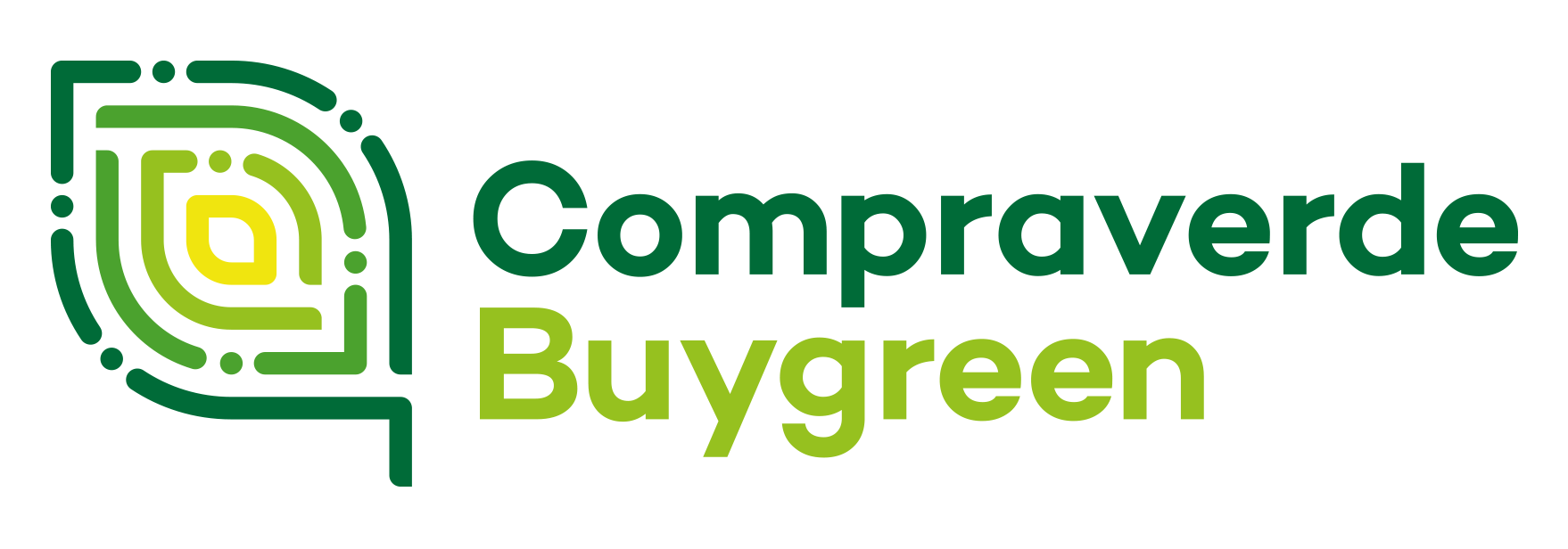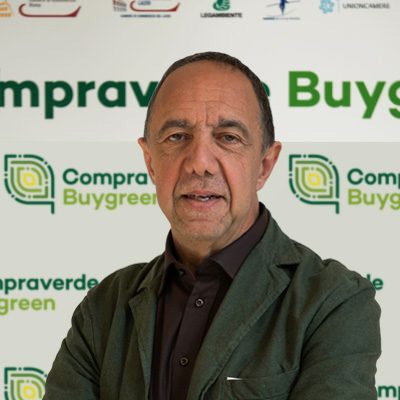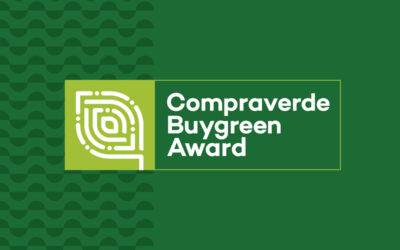Silvano Falocco, environmental economist, expert in environmental accounting and sustainable procurement, coordinator of the GPPnet network and the Forum Compraverde Buygreen, reveals to EconomiaCircolare.com the difficulties in finding a balance between cultural, environmental and economic aspects when it comes to the realisation and organisation of events. His careful analysis highlights, on the one hand, the laws of the economic and cultural market, and on the other, the importance of realising cultural programmes with precise plans and targeted directions. Hence, programmes that should have a precise mission and vision, but which, at the same time, reveal the concrete dimension within which the viability of this direction manifests itself, i.e. the obstacles to be overcome and the strategies to be pursued in order to plan and realise an event.
Cultural Programming and Funding
The world of culture needs valuable events that communicate its importance and constructive role to society. However, it is not always easy to realise this potential, as the realisation of initiatives requires investment. The latter is an element that is as decisive as it is fragile, since it is increasingly complicated to find economic resources and use them consistently and profitably.
‘Cultural programming,’ Silvano Falocco explains to EconomiaCircolare.com, ‘should have a clear intent, so funding must be stable but with a clear direction. However, in the field of culture this direction is not there: among other things, when culture becomes an event, the cost of organising festivals, theatre, dance and cinema increases a lot because they need testimonials who generally charge for them’.
Continue reading the interview on Economiacircolare.com




